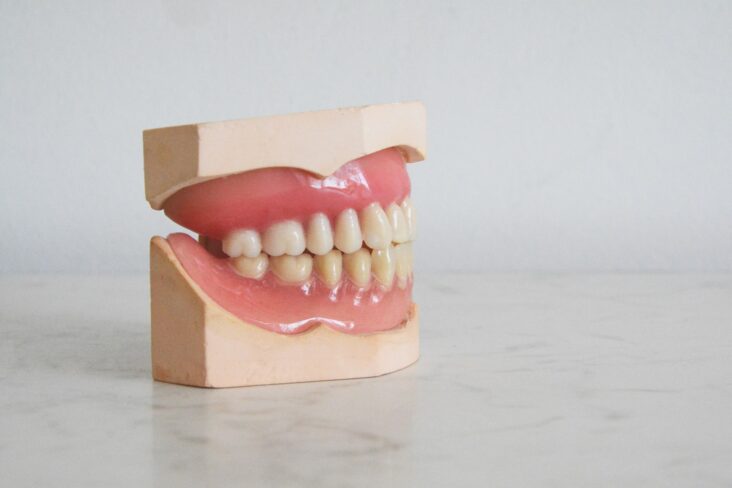Gum recession happens when the gums surrounding the teeth recede or pull away. This may be due to poor oral hygiene, grinding your teeth, smoking, and even hereditary factors. Treatment options may include antibiotics, medicated mouthwashes, and surgery. Read this article to learn more about this condition.
Why Does Gum Recession Happen?
Gum recession is a progressive issue when the gum tissue surrounding a tooth is pushed away, exposing more of the tooth and the root. This is a common issue that several different factors can cause.
The most common cause of gum recession is periodontal disease, an infection of the gums. However, gum recession can also be caused by aggressive brushing, certain medications, or even genetics.
In addition, the teeth can also contribute to gum recession. Teeth that are misaligned or have sharp edges can cause the gums to recede due to the extra pressure and friction placed on them. Undiagnosed cavities can also cause the gums to recede as bacteria can accumulate around the affected area and cause the gums to pull away from the teeth.
Who Is Most at Risk for Gum Recession?
Gum recession is most commonly seen in adults but can also occur in children. The most at risk for gum recession are those with poor oral hygiene, those who smoke, those with certain medical conditions, such as diabetes, and those with a family history of gum recession.
Poor oral hygiene is the primary risk factor for gum recession, as it increases the risk of gum disease. Brushing and flossing daily helps remove plaque build-up and prevent gum disease. Smoking is also a major risk factor as it increases the chances of developing gum disease and makes it harder for the gums to heal after any damage.
What Are the Consequences of Gum Recession?
It can lead to further problems such as sensitivity, tooth decay, and even tooth loss. The consequences of gum recession can be both physical and psychological. Physically, gum recession can cause sensitivity to hot and cold, pain and discomfort when eating, and bad breath. It can also lead to problems with the teeth, such as cavities, loosening, and in some cases, tooth loss.
Gum recession can also cause an increase in the risk of periodontal disease, an infection of the gums that can lead to bone and gum tissue destruction. Psychologically, gum recession can lead to low self-esteem, as people may become self-conscious about the appearance of their teeth. It can also lead to embarrassment and shame, as people may be afraid to show their teeth in public.
How Can One Prevent Gum Recession?
Gum recession can be prevented with good oral hygiene practices. This includes brushing twice a day with a soft-bristled toothbrush, flossing daily, and using an antiseptic mouthwash to help keep bacteria levels in check. Additionally, it is essential to be mindful of brushing too hard, as this can cause further damage to the gums.
In addition to good oral hygiene practices, avoiding tobacco products and limiting acidic drinks like soda or coffee can help to prevent gum recession. Tobacco products can irritate the gums and increase the risk of gum recession. Meanwhile, acidic beverages can erode the enamel of the teeth, making them more susceptible to gum recession. Eating a balanced diet with plenty of vitamins and minerals can also help to keep your gums healthy.
How Is Gum Recession Treated?
Gum recession is a common dental issue that occurs when the gum line recedes, exposing more of the tooth than is normal. Treatment for gum recession is necessary to prevent further damage to the teeth and gums and ensure that the teeth remain healthy and attractive.
The best way to treat gum recession is to visit a dentist who can assess the condition and provide the best treatment plan. Depending on the severity of the gum recession, treatments may include scaling and root planing, a gum graft, or laser therapy.
Conclusion
Gum recession is a serious dental problem that affects many people. Left untreated, gum recession can lead to gum disease and tooth loss. Fortunately, there are effective treatments available to manage and reverse gum recession. See a dentist as soon as possible if you are experiencing gum recession, as early intervention can help prevent further damage and keep your teeth and gums healthy.
For the best dentist in Watertown, choose Watertown Dentistry. Our dentists pride themselves on providing the best possible care for our patients. We provide preventive dentistry, periodontal care and endodontics, cosmetic dentistry, and more. Book an appointment.

